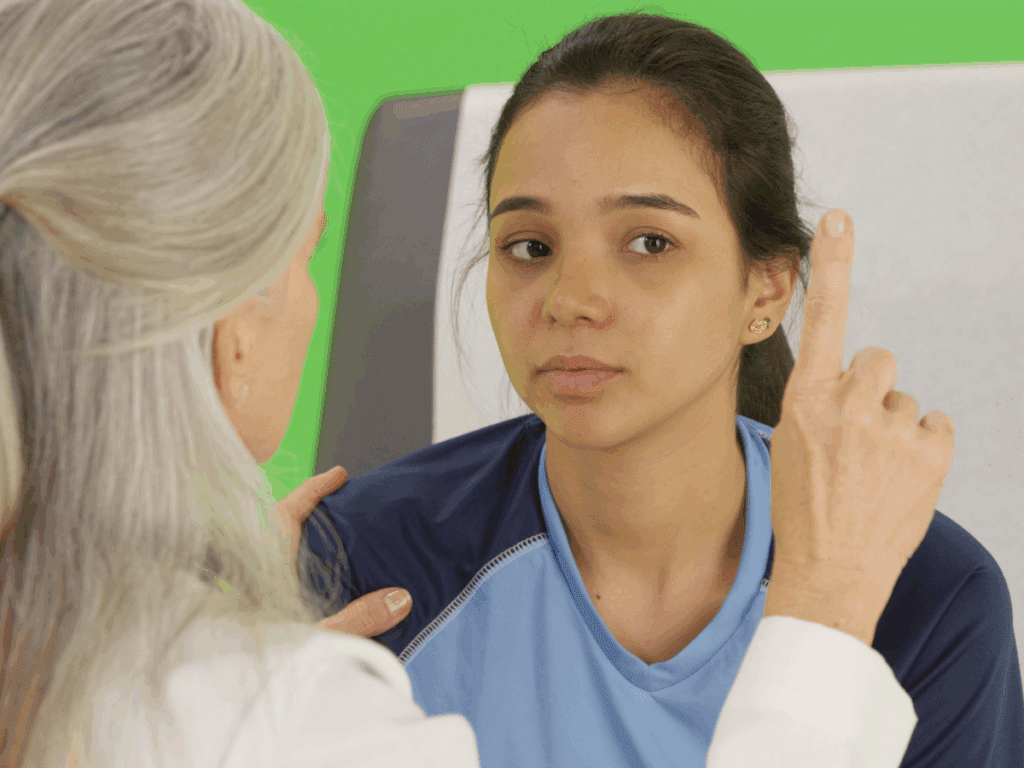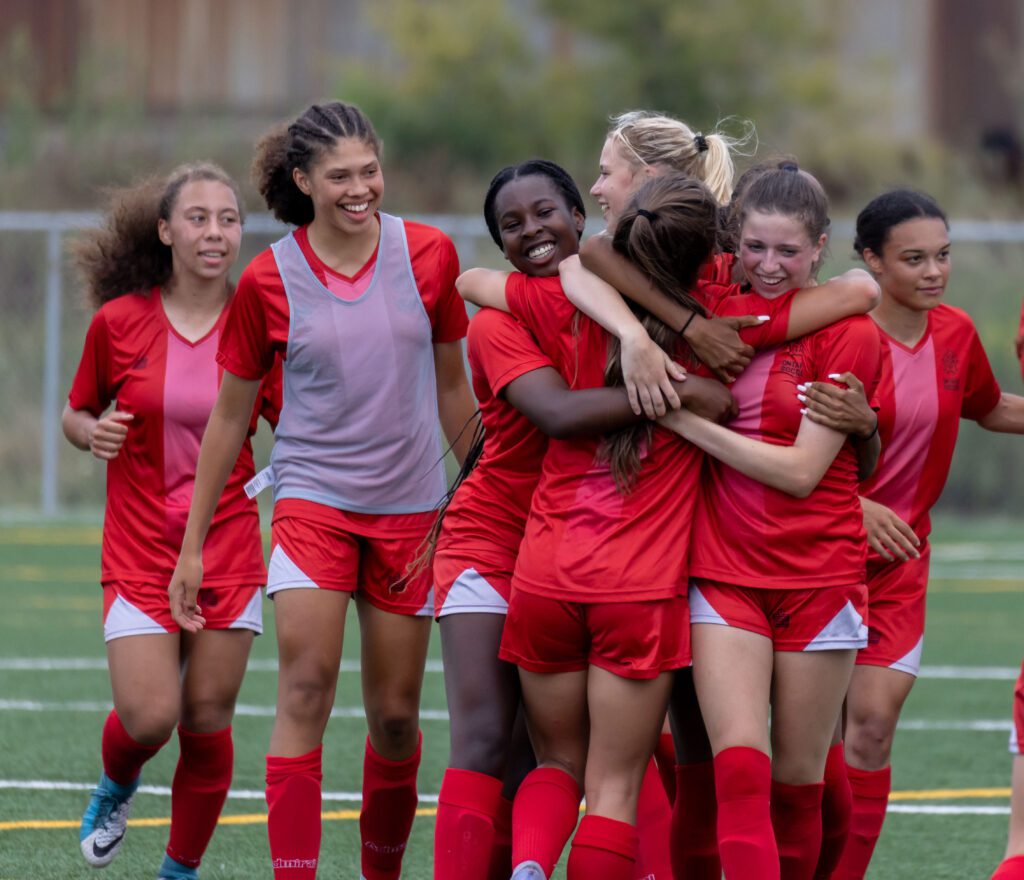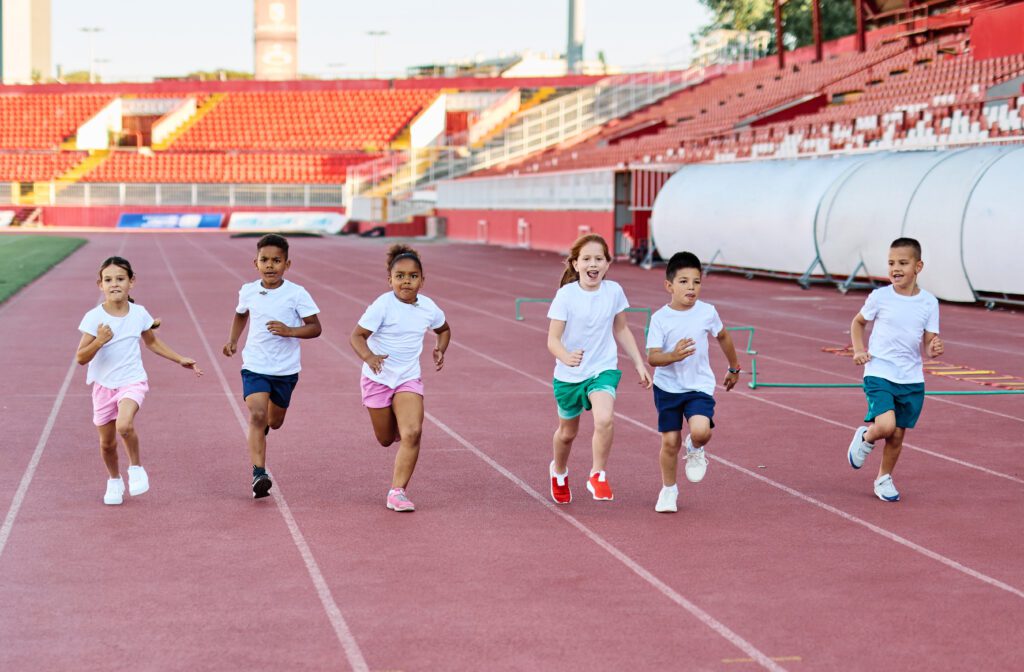Movement consistency grows with sport experience
A review of 59 studies found experienced athletes move with less variability than beginners. These patterns were seen across many sports, tasks and skill levels. For coaches, this highlights the value of focusing on quality, repeatable movement patterns during training to support skill development.
Tackling stress can help athletes recover from injuries faster
Experts reviewing 50 years of research found stress increases injury risk and slows recovery, while mindfulness and mental skills training, like goal setting and visualization, support faster healing and return to play. Protocols such as screening athletes for stress and connecting them with mental health support can help medical staff get athletes back to competition…
Helping students build emotional awareness can start in the gym
Through the Captains & Poets program, educators use movement-based activities to teach self-leadership and social-emotional learning (SEL). By identifying their inner “Captain” (action) and “Poet” (reflection), students learn to manage emotions, build confidence, and coach themselves—skills that support mental well-being and success both in and out of sport.
The impact of body image on youth athletes’ performance
Research conducted with nearly 1,400 youth athletes found that when they focus on how their bodies appear, known as “body surveillance,” their performance suffers. This can mean slower reaction times and less precise movements when competing. The research urges coaches and sport leaders to reduce appearance-based pressures and shift focus toward athletes’ confidence and functional…
Concussions and Confidence: Why Mental Readiness Matters in Recovery

For most of her career, Jen Kish was known as one of the best and most fearless female players in rugby sevens. She captained Canada’s women’s team to an Olympic bronze medal at the 2016 Rio Olympics. And, she also endured more than 30 concussions with only five of them formally diagnosed. “Your brain health…
The Canadian Sport Policy 2025-2035

Canadian Sport Policy 2025-2035: Summary

Spotting the hidden signs of burnout
New research found that athletes who feel like they’re not making progress or no longer value their sport are more likely to underperform—regardless of whether they are physically exhausted. These warning signs of burnout highlight the need for coaches and sport leaders to check in on athletes’ motivation, not just their physical load.
Using VR to train attention in sport
A new study found that immersive virtual reality (VR) training helped athletes stay more focused during competition. For coaches and sport organizations, this suggests VR can be a powerful tool to simulate pressure-filled scenarios and sharpen in-game focus and decision-making.
The impact of sports schools on student athletes
As athlete development grows more specialized, sports schools have grown in popularity as a way to balance academics and training. This review explores how they impact student-athletes holistically, highlighting both the highs and lows across physical, academic, and psychosocial development.